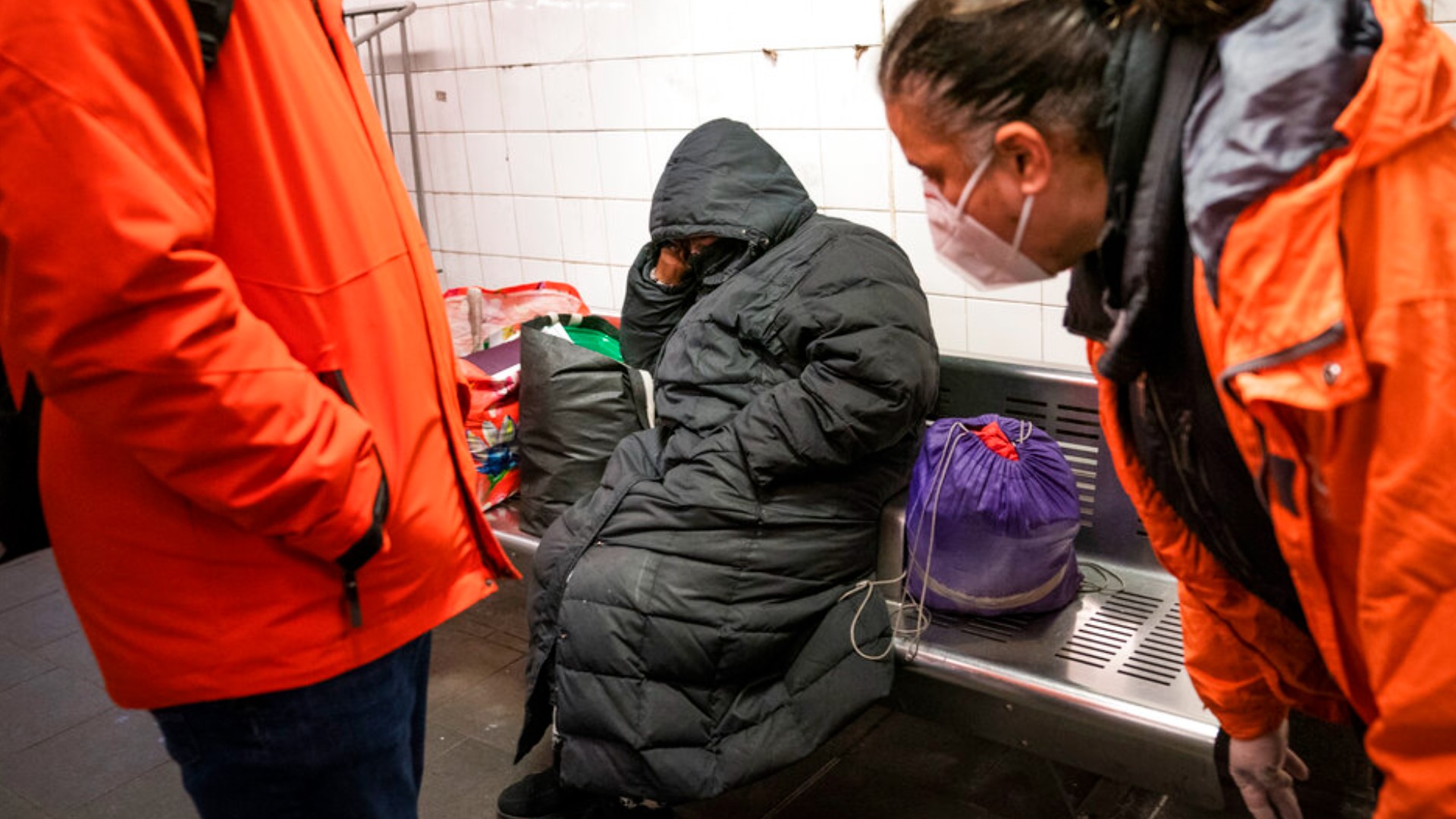YORK, Pa. — There are several illnesses and health problems that professionals find frequently contribute to homelessness. In this week's Health Smart, we're looking closely at what those issues are.
Eva Ciesielski is a psychotherapist with UPMC. She says certain health issues frequently go hand in hand with homelessness. The most common cause is serious mental illness.
"Any given night, there's probably about 600,000 homeless people in this country; 45% of those are individuals with mental health issues," Ciesielski said.
Twenty-five percent of these people suffer from severe mental health issues, including bipolar disorder, schizophrenia or addiction. Ciesielski explained how it happens.
"Conflict with others, they might get very paranoid or suspicious, and that causes problems at the workplace and with, you know, with coworkers, with their supervisors; they also tend to kind of isolate and withdrawal from all of their supports," she said.
As someone's mental health worsens, their ability to cope with their surroundings or the ability of those around them to cope with their behavior becomes extremely difficult and often leaves people with nowhere else to turn. It's an illness that has only gotten worse since the COVID-19 pandemic.
"So if you think about that--45% prior to COVID--it could be much higher now; then it's about half of the people that are out there living on the streets would be individuals with mental health issues," Ciesielski explained.
Ciesielski says other health issues that can lead to homelessness include serious injury or chronic illness--really anything that causes someone to be out of work without pay for an extended period of time.
Degenerative diseases that accompany old age can also lead to homelessness due to massive health care costs forcing people to choose between their medication and paying the rent.
With mental health specifically, Ciesielski calls it a vicious cycle. It can make someone more at risk of becoming homeless, and then being homelessness can increase the severity of those mental health issues.
"It's hard for them to break it, of course, and they need a lot of help to break that cycle," she said.
Ciesielski hopes more work is done to support people living with any type of health problem in the future.
Experts say the fact that health problems often precipitate homelessness highlights the complex connections between a person's health, employment status, available support and even access to housing.

